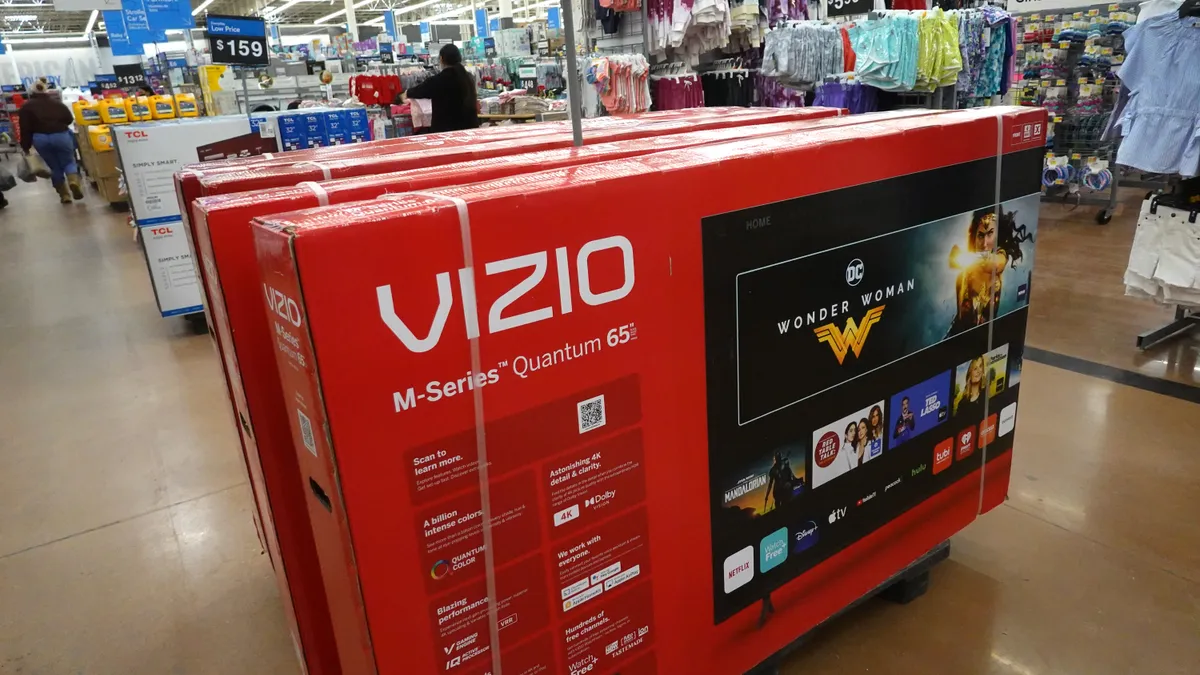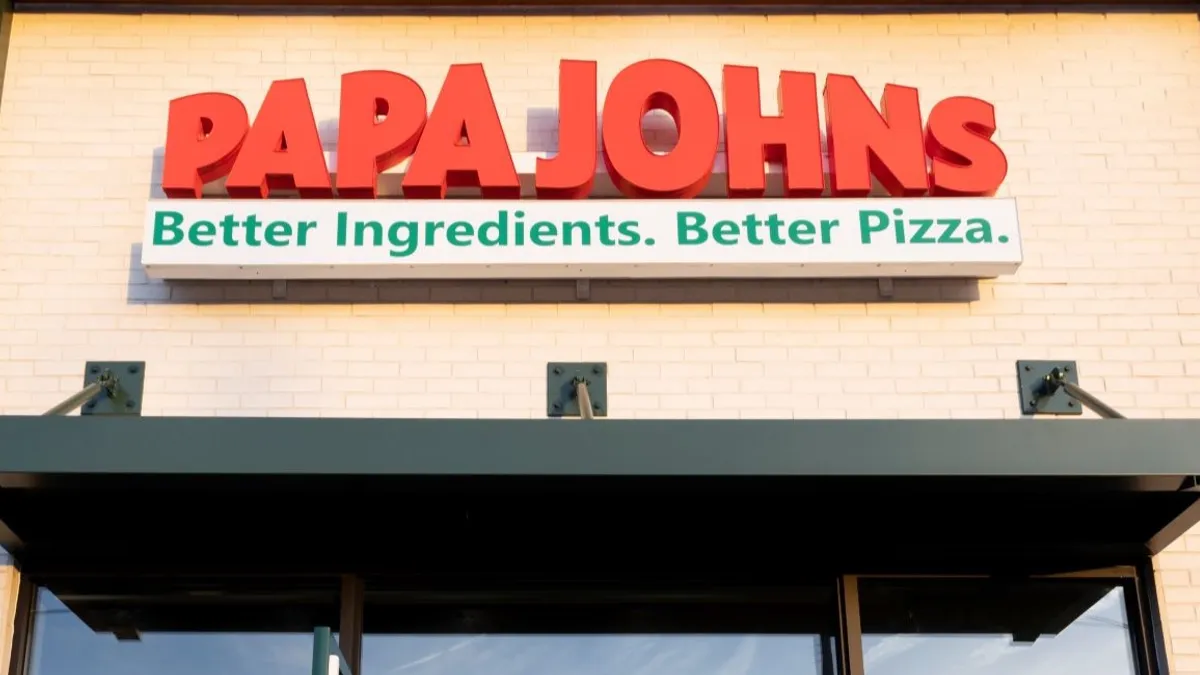Major marketers in recent years have moved more agency work in-house, stirring controversy around trust and whether internal teams can better handle the duties that third-party services providers have historically specialized in. As the coronavirus pandemic continues to roil the industry, the in-house model's focus on cost and efficiency could see fresh interest, though existing pressures might also be amplified in an unprecedented business environment.
"The impact the pandemic is having on in-house agencies today is similar to what the rest of the world is experiencing — essentially, teams working remotely while doing their best to maintain business as usual," Emily Foster, director of the In-House Agency Forum (IHAF), a trade group representing internal agencies, said in comments to Marketing Dive. "The longer-term impact could, however, mirror what we saw with the economic downturn of 2008. That is, work that would otherwise have been outsourced being funneled in house."
In-housing was already popular pre-pandemic: In a February report, the IHAF found 72% of corporations have some form of in-house shop, and that the number continues to climb. An uptick in the movement has also been reported by the Association of National Advertisers (ANA), a trade body for advertisers that found not only are the number of in-house agencies growing, but also that they're taking on more significant marketing work.
Yet, IHAF's research indicates that many in-house teams struggle to reach their full potential, with over half of respondents saying they aren't adequately funded. In increasingly critical areas of marketing like video, digital, social media and analytics, 79% said that hiring more talent is necessary. As the pandemic's economic impact becomes clearer, more businesses are expected to enact hiring freezes and other cost-cutting measures that could make filling these types of gaps difficult, ultimately steering work toward outside parties, analysts said.
"My belief is that marketers and companies will not look to take on full-time employees in lieu of [third-party services providers] during the downturn, the reason being that there is a tremendous amount of costs with doing so," Forrester's Principal Analyst Jay Pattisall told Marketing Dive, noting that onboarding can require a heavy lift in HR, capital investments and technology training.
"Companies will likely want to outsource those to the extent that they can, because in the long-run, that's a more cost-effective way to deal with it than making significant investments in employee infrastructure," Pattisall added.
Weighing pros and cons
In-house agencies still have qualities that could shine as more companies enforce work-from-home policies that make coordinating and meeting with external partners difficult. Closer connection to the client could be critical, even as internal teams begin to feel the pinch of not being able to collaborate in-person.
"Given the nature of some of their work, it will probably lend itself to a more conducive environment for remote work in the short term," Pattisall said of in-house teams.
With the production of large, integrated campaigns potentially winding down, marketers could focus on smaller content plays or repurpose content to not leave their messaging strategies in a vacuum during the pandemic. Those are areas that in-house agencies are frequently specializing in, and ones potentially well-suited to remote work, per Pattisall.
"The capabilities that have been moving in-house over the course of time vary, but the predominant grouping of capabilities is creative services, production, content, video [and] project management," Pattisall said. "In-house teams are doing a lot of production work, content work and versioning because they are a less expensive way … to produce the volumes of marketing and campaign content that companies need."
Still, pulling together in-house strategies comes with additional hurdles in a remote situation. Some of those could be offset for organizations that have invested in tech like cloud-based project workflows and digital asset management systems, IHAF's Foster said.
"[T]he situation of a lack of resources, some questions about leadership and gaps in training — I think that only widens."

Jay Pattisall
Forrester, principal analyst
"In-house agencies are working to maintain connections across workgroups as well as with their internal clients," Foster said. "Generating market demand for products and services while in the throes of a pandemic requires everything from shifting engagement types and priorities to shifting to online brainstorming and creative presentations."
Businesses across the board are grappling with this new normal, but the realities of the pandemic could more harshly disrupt in-house talent that lacks the autonomy or budgetary flexibility of other departments.
"I think under these circumstances — the situation of a lack of resources, some questions about leadership and gaps in training — I think that only widens," Pattisall said. "We're talking about an economic downturn in which there is a crunch for resources, and the in-house agency began as a concept, broadly, as a cost-efficiency play."
Programmatic in the pandemic spotlight
In-housing comes in various forms, however, with marketers often picking and choosing where to shore up their internal expertise versus relying on outside experts. Programmatic is only getting more complicated amid the coronavirus outbreak as consumer interest in the pandemic surges, but marketers remain hesitant to advertise around the topic and often employ broad block lists on related terms.
"This is uncharted territory no amount of scenario planning could have predicted."

Orchid Richardson
IAB Tech Lab, VP of membership and product marketing
Vendors are developing brand safety tools tailored to the coronavirus, and some are urging marketers to take a nuanced approach that can better support revenue-strapped publishers. Marketers might look to in-housing programmatic as a way to get a better handle on a fast-moving, volatile situation that's unlikely to calm in the near term, experts said.
"At times like these, when nothing is certain, the extra control over your brand, its online channel allocations, where your ads run are all crucial decisions," Orchid Richardson, VP of membership and product marketing at IAB Tech Lab, wrote in comments to Marketing Dive.
Like the in-housing trend broadly, programmatic work has appeared to shift more quickly in-house due to concerns around efficiency and transparency in the marketplace. But programmatic teams face the same problems as other in-house shops, meaning there could be a tough road ahead.
More than half of surveyed media professionals report attracting and retaining the right talent is one of the biggest challenges when developing in-house tech teams, while 41% said they're concerned that in-house talent won't keep up with the latest developments in ad tech, according to a recent study by the 4A's and consulting firm The 614 Group.
"Experienced talent is an issue among the challenges within the programmatic ecosystem. Nonetheless, well-trained brand specialists will have to rise to the occasion in the short-term," Richardson said. "This is uncharted territory no amount of scenario planning could have predicted."






















